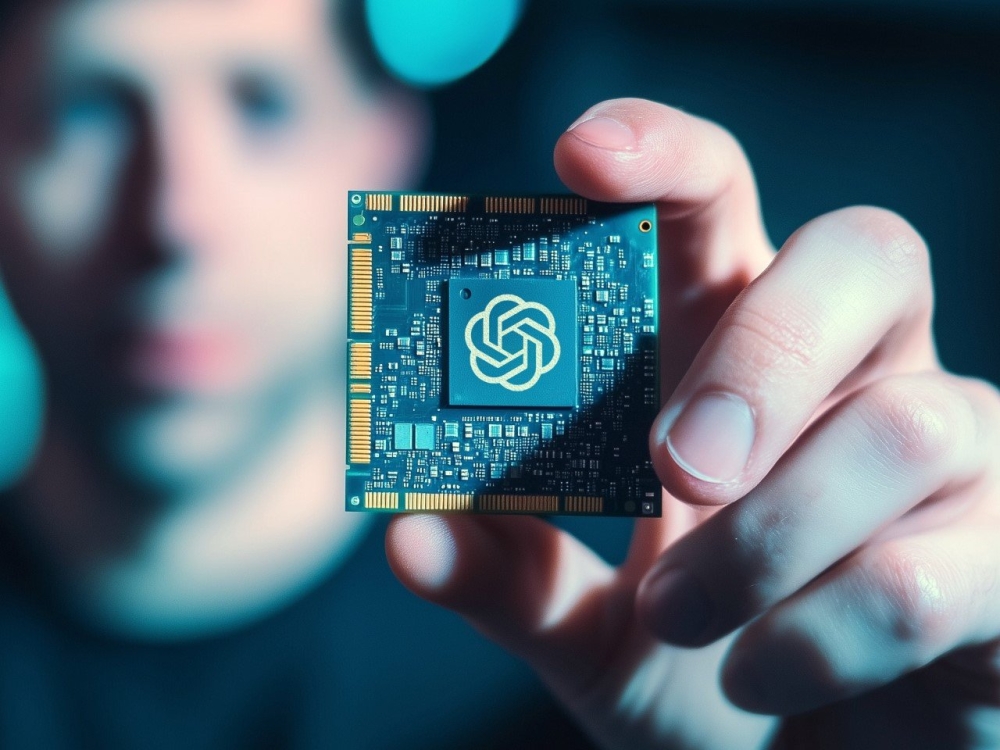OpenAI is preparing to produce its own artificial intelligence (AI) chip for the first time, aiming to meet the growing demand for computing power and reduce its reliance on Nvidia.
According to sources, OpenAI is developing this chip in collaboration with the U.S. semiconductor giant Broadcom, with plans to launch the products next year. Broadcom’s CEO, Hock Tan, stated on Thursday that the company had received a $10 billion order from a new customer, which sources have confirmed is OpenAI.
This move by OpenAI follows a strategy previously adopted by tech giants such as Google, Amazon, and Meta, who also developed custom chips to handle AI workloads. Unlike standard GPUs from Nvidia and AMD, the new chips produced by Broadcom will be referred to as “XPUs.”
Broadcom’s revenue reports indicate that demand for custom AI chips is very high. Following this news, the company’s stock rose 4.5% in the market. HSBC analysts predict that by 2026, Broadcom’s custom chip business could grow faster than Nvidia’s GPU sales.
Although the collaboration between OpenAI and Broadcom began last year, it was previously unclear when a successful chip design would enter mass production. Broadcom’s announcements suggest that this process is expected to start next year.
OpenAI CEO Sam Altman frequently emphasizes that both the growing number of users for products like ChatGPT and the training of new models require significantly more computing power. The company was one of the first customers to use Nvidia’s AI chips and has gradually become one of its largest hardware consumers.
This initiative demonstrates OpenAI’s effort to establish independence not only in software but also in hardware. While Nvidia currently maintains a leading position in the market, OpenAI’s move could shift the balance of power in the AI hardware race.







